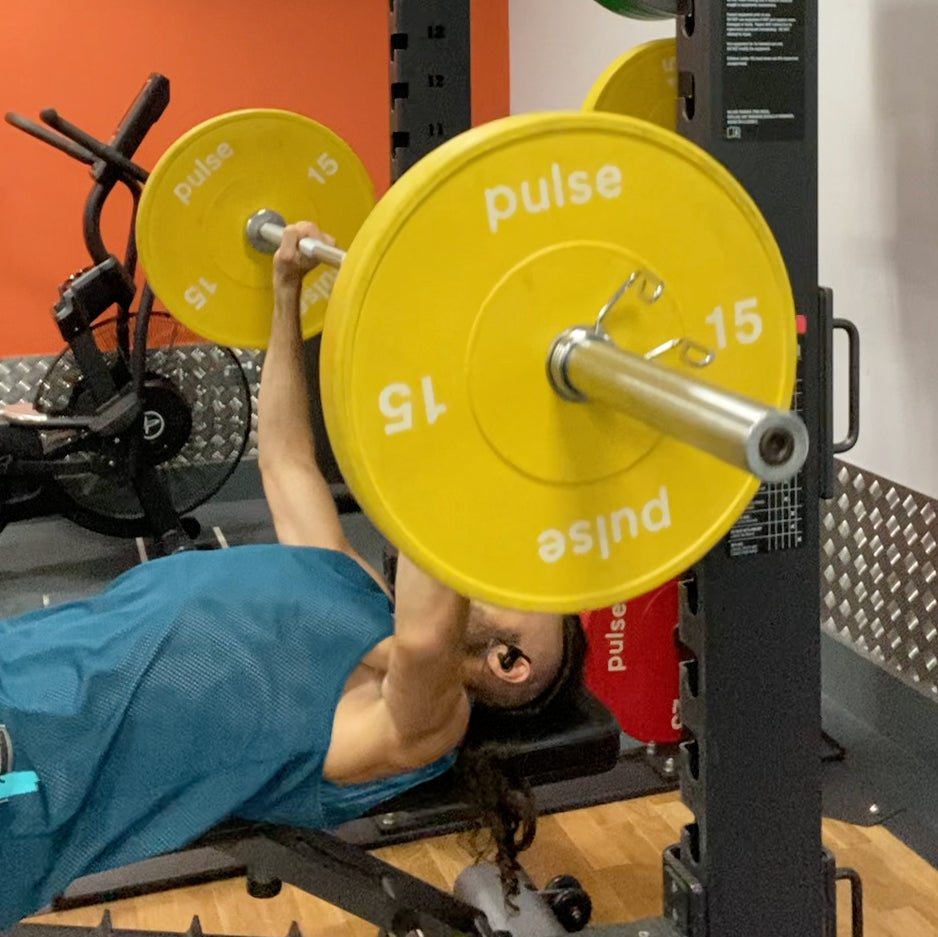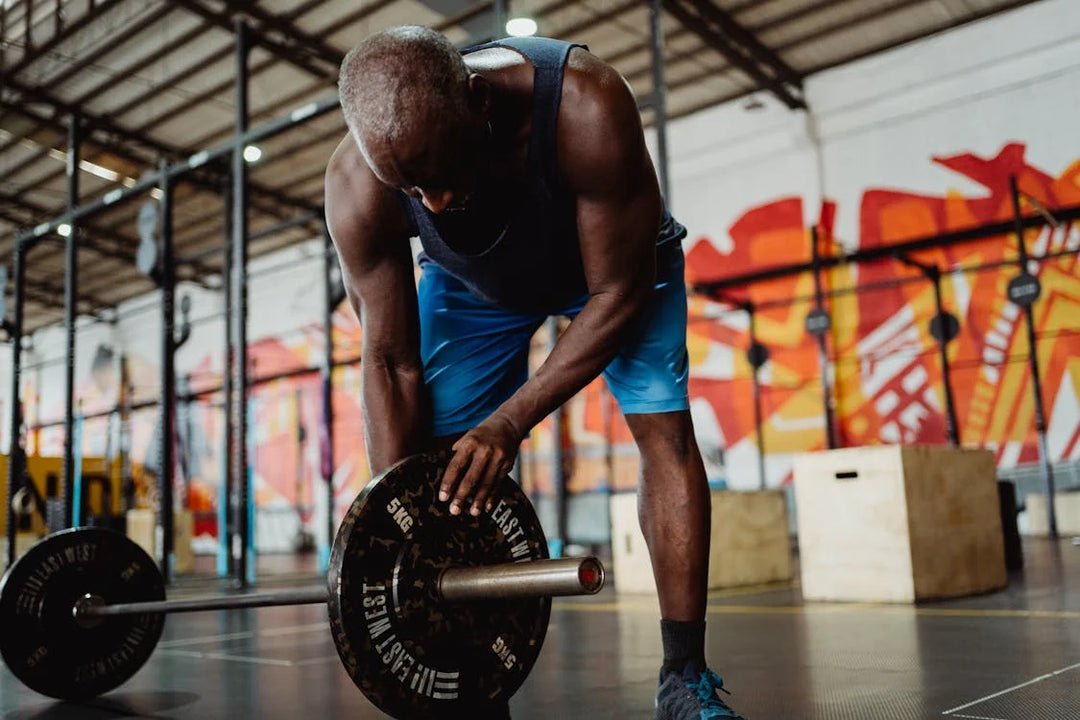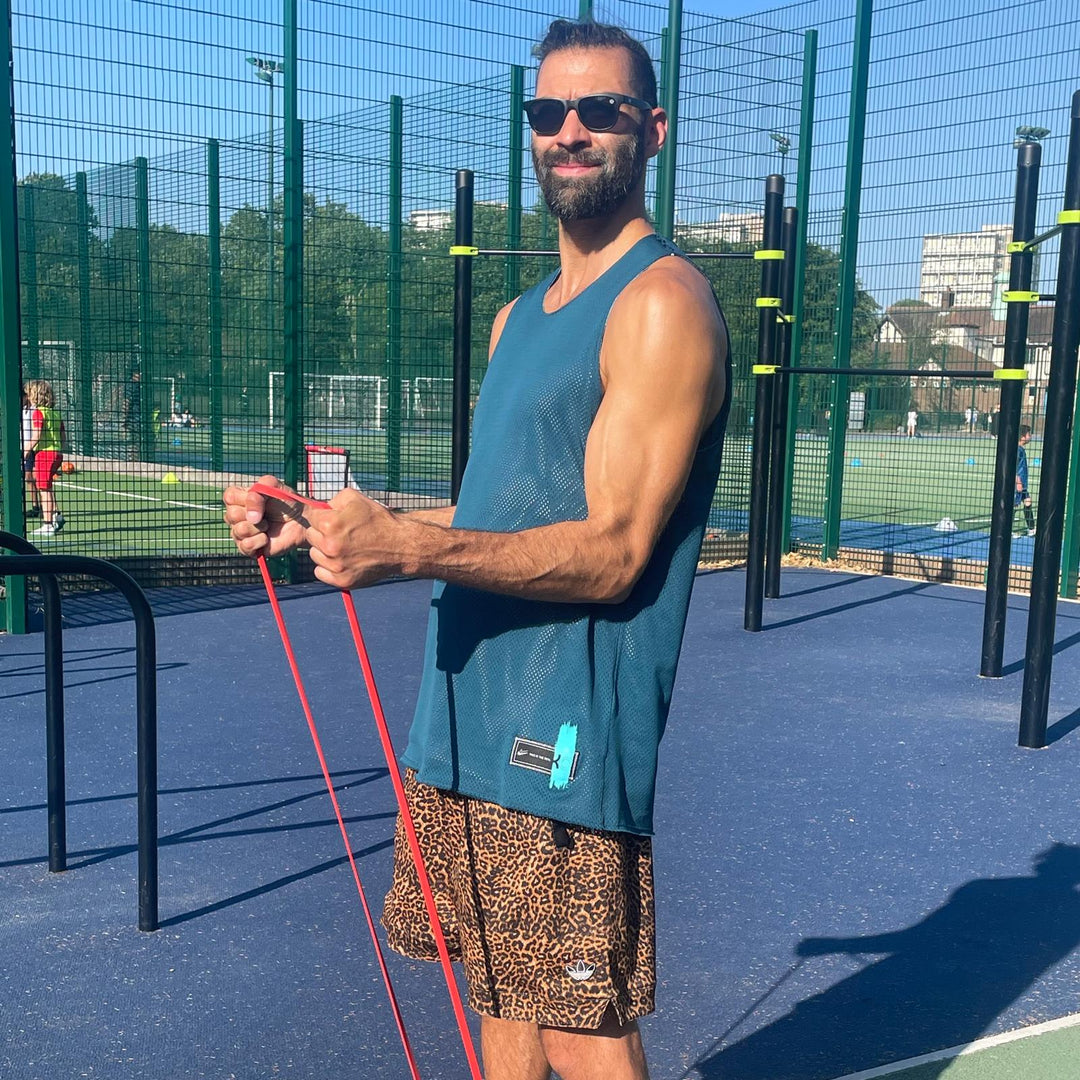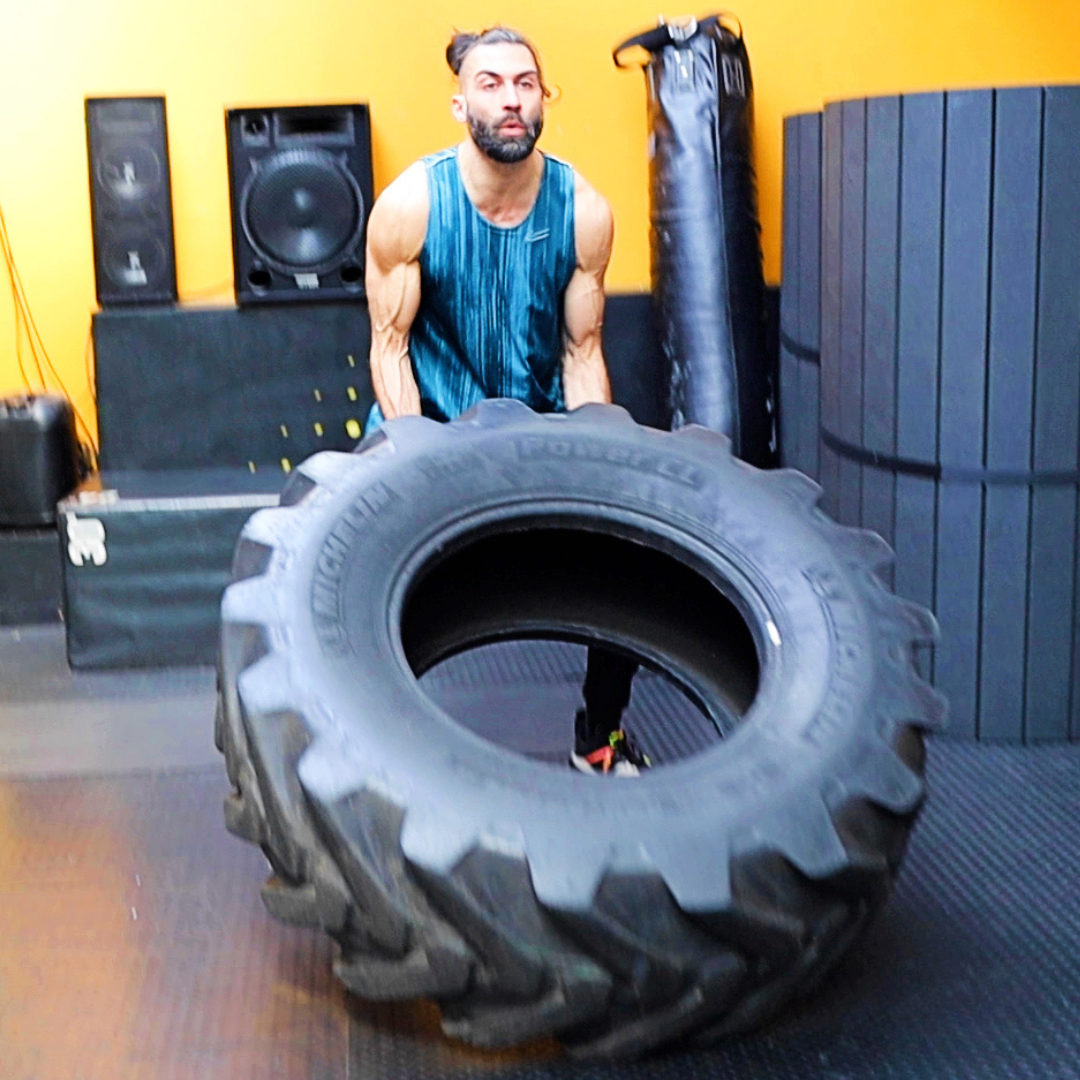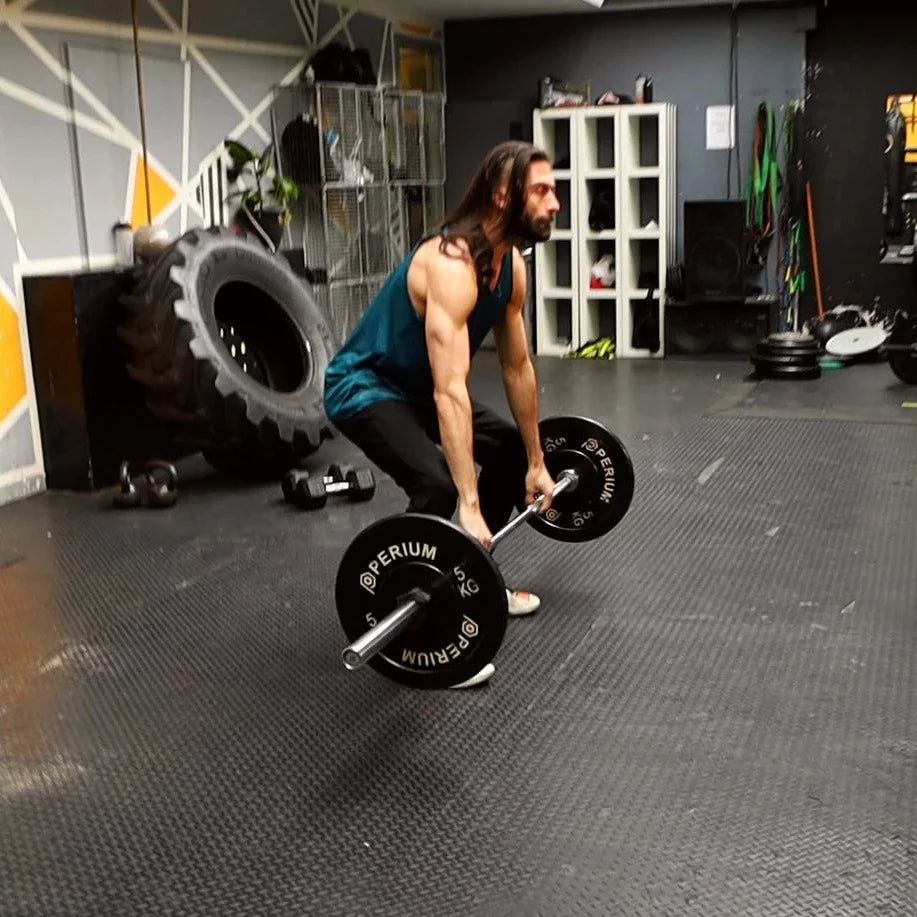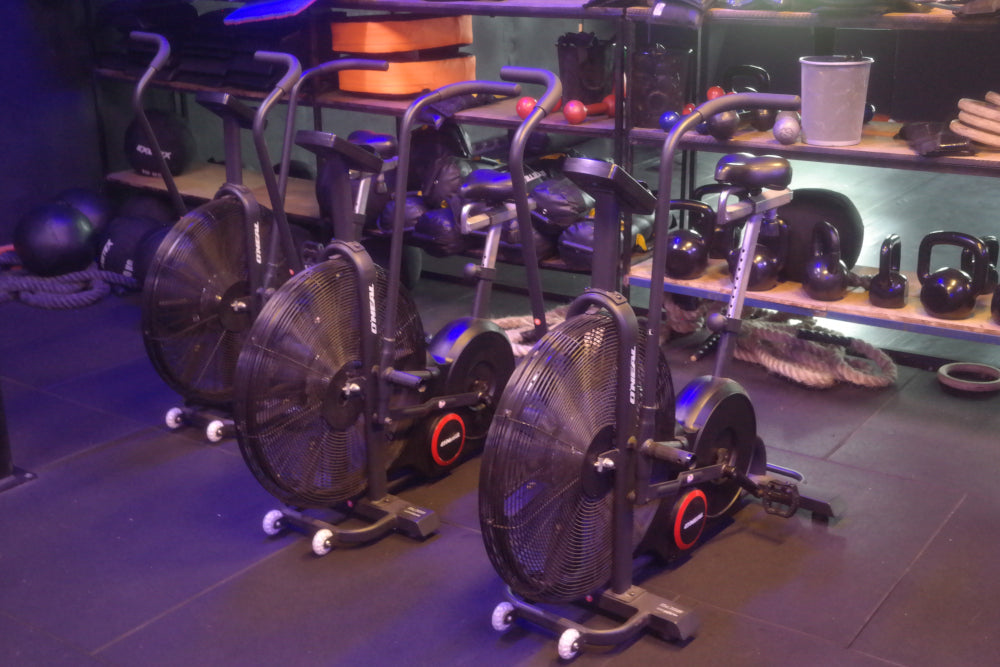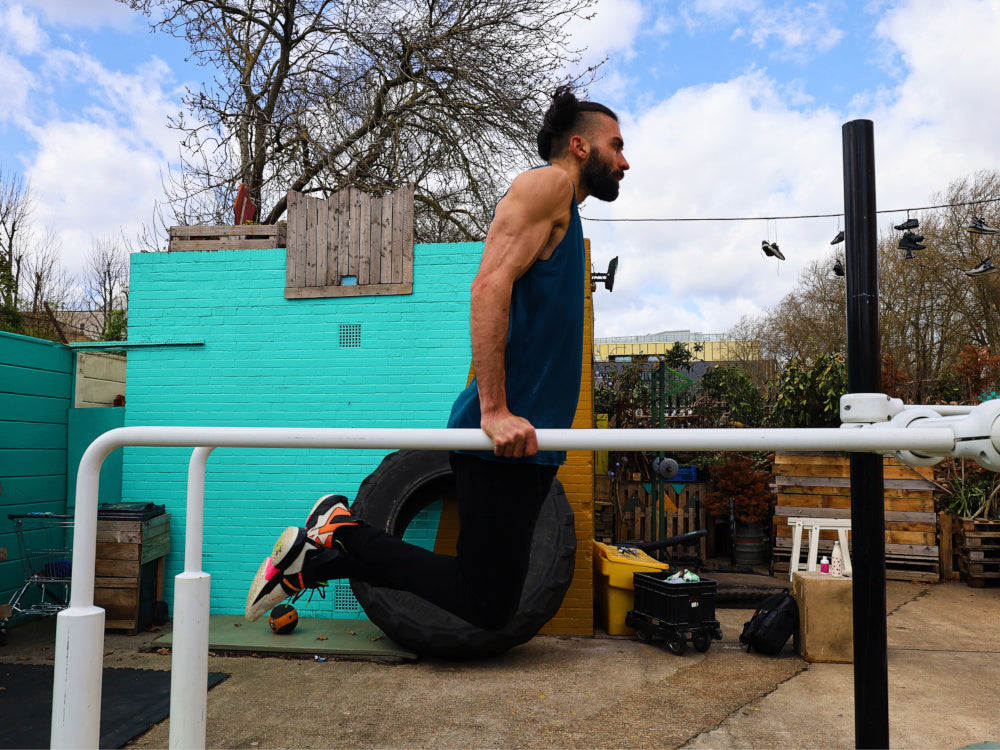Listening to your body and knowing when to adjust your goals - Part 1
Hi everyone,
I'm Floriane, a 38yo athlete, with a background in martial arts, endurance sports, winter sports, mountain biking, hiking, running, ice hockey, roller derby, circus and yoga. I currently live in a lovely little mountain town by a lake in British Columbia, in Canada, where I can do all these activities and many more.
I had originally planned on talking to you about the importance of incorporating regular stretching sessions and down-time in your training schedule, but something happened to me in January last year that got me thinking about what our bodies are telling us and how essential it is that we learn to listen.
By this, I don't mean the usual «I'm tired, I want this to stop» that every athlete has experienced and has had to overcome in order to achieve their goal.
I mean the «this is too much» message that signals that we pushed our body too much.
Now, I know, this may sound confusing. After all, as athletes, at any level we practice, we are all constantly trying to better ourselves. Toto achieve this, we push through the weariness, the pain, the will to stay on the couch, or to stay within our comfort zone, to take it easy... we want to overcome all these feelings.
After all, it feels so good when we reach our goal because we went the extra mile, did the last step that brought us to the summit of the mountain.
But, as an endurance athlete, I've always found that the trickiest part is to learn how to differentiate between the usual reasons for not feeling up to an effort and the moment when your body is warning you that you are trying to go too far. The moment when you step into the danger zone, and risk injuring yourself, instead of bettering yourself.
There is always an inner dialogue going on, and we must listen to both voices and play referee.
For me, this is the hardest point that we reach in our journey as athletes. No one can tell you when you should stop and when you should push through. After all, you are the one feeling the things in your body.
Sure, your PT, your friends and your inner voice are all here to tell you to keep going, but what happens when you can't?
Of course, most of us have sustained injuries or come across events that forced us to take a break, but what happens when the injury is inside our head?
Yes, I'm talking about head trauma, concussion, depression, and many more. The invisible battles we fight in order to show up every day, some big, some small. The ones that our friends and trainers don't necessarily see, the ones that are hard to explain and define, when words are not enough to express things and we are fighting with ourselves. Who, then, is here to tell you «That's enough, you've done well enough for today, you can stop and be proud of what you have achieved»?
You, that's who.
You, and only you.
Now, don't get me wrong, I certainly don't pretend to have a universal solution here, or even to speak in anyone else's name. I do not have any medical background, and I can only speak in my name and tell you about my personal experience.
But the reason I am so passionate about this topic is that last January, I sustained a concussion.
During an easy drill at roller derby practice my friend's skate caught my skate. Nothing too bad, this happens all the time, and you either stay up or fall. After all, derby is a contact sport, we all know that when we sign up, that's part of what we love about this amazing sport.
This time, I was unlucky and fell. Maybe I should have bent my knees more, been more stable, used my core more to stay up... who knows... we weren't even going fast.
Anyway, when my friend caught my skate, I fell flat on my back. There was a loud bang, my head hit the ground and my helmet did what it was supposed to: it protected my head. I felt some whiplash, some pain in my back, and surprise at having fallen, but nothing that seemed too bad. I got up straight away, intent on resuming the drill.
However, my teammates were more reasonable than me and ignored my protests that I was ok; they forced me to sit down and take a few minutes to re-assess.
I looked over my body: no blood, no bruises (or no more than usual), everything seemed in order. My head was hurting a bit, but I'd just hit it. I deemed myself fit enough to resume practice, and I did. I finished practice and noticed that I had a growing headache, but I put it down to no more than normal pain after banging my head.
By the time I drove myself home, had a shower and had dinner, the headache had grown, and I noticed a slight nausea creeping in.
Now, persistent headache, nausea, a shock to the head, neck and back... this screams concussion. Sure, I'd fallen at a very low speed, had barely hit my head, was wearing a helmet and thought I was fine at the time, but I most certainly had a concussion.
I'll tell you straight away that it wasn't too bad. I was lucky in that respect, and even though it deeply affected me and my practice, it could have been way worse. But I still had a long journey ahead of me before I was able to resume my normal activities and do all the sports that I love.
Now, I have already written way more than I had originally planned when I put my fingers on my keyboard, so I will take a break here, and tell you to tune back next week to hear what happened after and which steps I took to heal.


